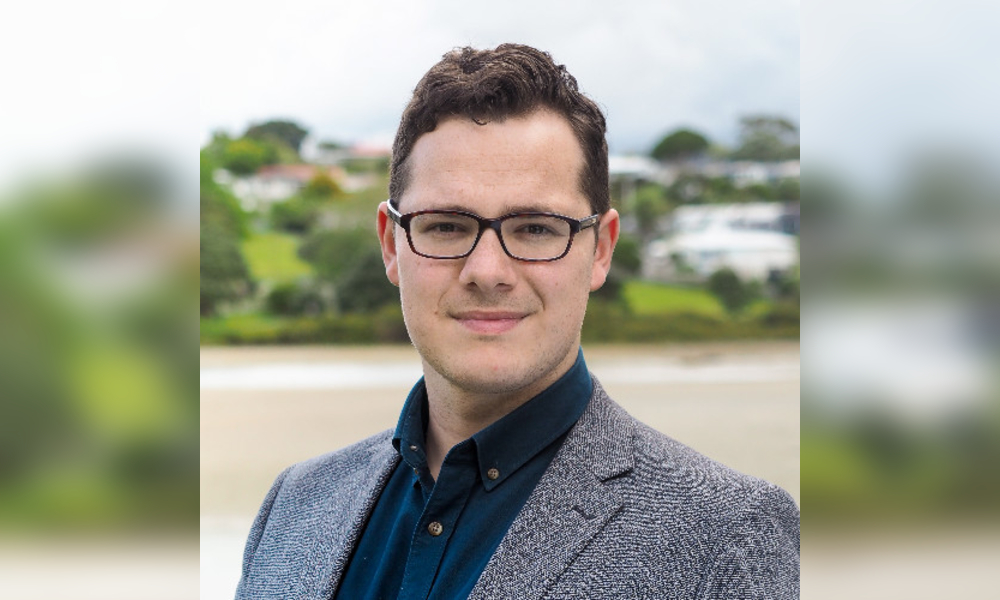Two directors share insights into building an advice business, from cold calling to community engagement

The mortgage industry can feel like an exclusive club when you're starting out. Everyone seems to know something you don't, deals flow effortlessly to established players, and you're left wondering how to break through the noise. Every successful adviser started exactly here.
The bar to be an adviser is also much higher than it used to be, and so the race for new advisers is tougher. NZ Adviser spoke with two directors who've built thriving practices from scratch: Eugene Bartsaikin from Twine Mortgage Advisers and Brendan Brits from Loan Market Coast to Coast.
Learn before you earn and find your tribe
The temptation when starting out is to chase the highest commission split available. It's understandable – you need to pay the bills. However, Bartsaikin said it’s often worth focusing more on experience and mentorship in the first few years.
“For an adviser with less than two years in the industry, I think the key is to work with someone experienced,” Bartsaikin (pictured above) said. “Having said that, the split needs to be reasonable. You don’t want to be taken advantage of. But the reality is that you want to be in a place where you can learn from someone. If you can't, you'll be building bad habits.”
Then, there’s the need to differentiate yourself. With almost 2000 advisers doing largely the same job, this can be hard – but Bartsaikin said it often comes down to identifying who you enjoy working with. This doesn’t mean pigeonholing yourself into one niche for life, but rather building momentum in a space that works for you.
“It might be that you really like dealing with tradies, lawyers, people offshore, whatever the case may be - find your preference in terms of target market and be the person they go to,” he said.
“I have a lot of clients that have stuck with me from before I even started this business. They could work with someone more famous or someone who's got a bigger profile, but I’ve continued to support them throughout that time, but it's’ all about the relationship.”
Embrace the hard work
For Brendan Brits, building the business came with the traditional and demanding approach. Late nights, cold calling, and a lot of persistence.
“When I started with a friend, we set a challenge for each other that we would make 20 cold calls a day and have 10 appointments with new referral partners every week for a year,” Brits said.
“We did that day in, day out, and sometimes when we get to 100 calls by Thursday, we’d ask how many calls we can make on a Friday.”
Brits said there is no getting around it – launching a business as an adviser is tough. It takes a lot of hard work to gain the technical knowledge, build a solid client base and gain credibility. But for those with the right approach, it will pay off.
“That first year was really hard going, and anyone who says that starting out as an adviser is a breeze is wrong,” Brits said. “I had to build my knowledge and execution of plans to demonstrate that I could hold my own and was a great adviser.”
Play the long game
Both advisers noted that in the first few years, it can be easy to forget that every client interaction is an investment in your future business. This includes the interactions that don’t necessarily result in big payouts straight away.
For Bartsaikin, this often meant being an expert voice on community pages.
“Very early on, my main tool was actually being engaged in Facebook forums where I'd respond to people generously and in detail,” he said. “The people that I wanted to deal with, they reached out to me, became my clients, and then referred their friends and family.
“You have to the right thing by the client all the time, even if it is a small green energy top-up of $30,000 that won't even cover your time,” he added. “You never know what comes out of that next, so once you've found your client, really look after them.”
Brits added that ultimately, reliability and trust can never go wrong: “Be a person of your word. Under-promise and over-deliver, and be available to the people who need you, from clients to referral partners.”



